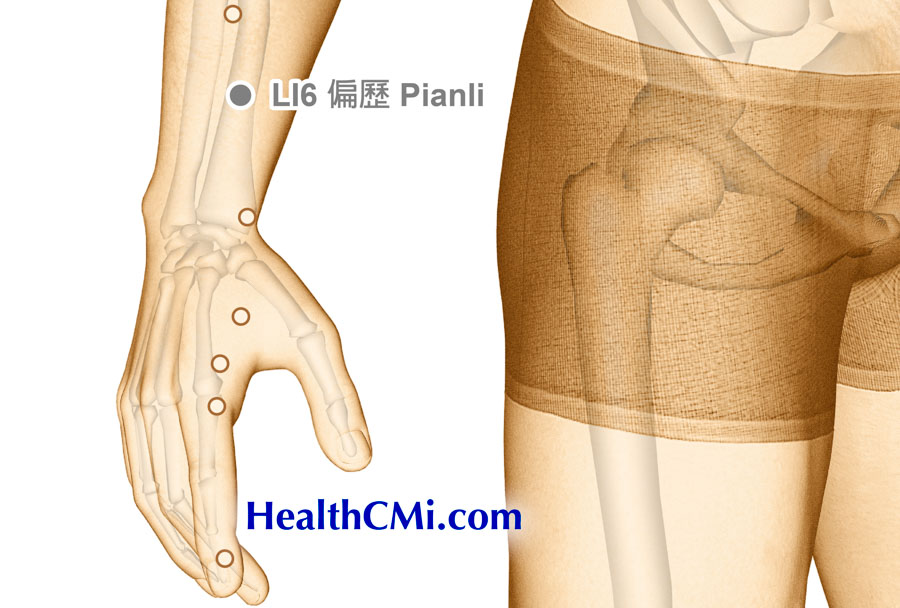
Researchers find acupuncture an effective treatment modality for the alleviation of eczema (atopic dermatitis). Chronic eczema, a common dermatological condition encountered in clinical practice, presents a certain level of treatment difficulty, often accompanied by severe itching that significantly impacts patients' quality of life. The etiology of chronic eczema is complex, making the condition persistent and recurrent.
The clinical data of 60 chronic eczema patients treated in Baishan Hospital of Traditional Chinese Medicine in Jilin Province were included in the study. [1] All 60 patients met the diagnostic criteria for chronic eczema, with skin conditions showing polymorphism and diffusion, recurrent attacks, and severe itching. The 60 patients were randomly divided into control and treatment groups, with 30 in each group.
Treatments
In the clinical treatment of the two groups, patients in the control group were treated with oral loratadine (an allergy antihistamine), 10mg once a day, in combination with topical halometasone cream (a corticosteroid) applied twice a day. A treatment course of 20 days was applied. In the treatment group, 30 patients with chronic eczema underwent acupuncture therapy, targeting acupoints include as following:
- ST44 (Neiting)
- LI11 (Quchi)
- LI4 (Hegu)
- LI6 (Pianli)
- ST40 (Fenglong)
- SP10 (Xuehai)
- LI10 (Shousanli)
- SP9 (Yinlingquan)
- ST36 (Zusanli)
Routine needling was performed, followed by moxibustion at LI10 and ST36 with a needle retention time of 30 minutes every other day for a total of ten treatments over the course of the therapy. The clinical efficacy of both patient groups was compared and analyzed.
Results
A clinical comparison of treatment outcomes between the two patient groups revealed that the total efficacy rate in the acupuncture treatment group was 96.67%%. The total efficacy rate in the control group was 70%. The clinical efficacy of the treatment group with chronic eczema was significantly superior to that of the control group. Comparison between the two groups yielded a p-value of less than 0.05, indicating statistical significance.
Observation
According to Traditional Chinese Medicine (TCM), chronic eczema results from the prolonged invasion of pathogenic factors into the blood vessels, leading to skin nourishment loss. The disease primarily affects the spleen, with dampness identified as the main etiological factor.
The principal method involves opening the body's energetic pathways to expel pathogenic influences. The selection of key acupuncture points includes Neiting, which clears stomach heat; Yinlingquan, which activates blood circulation and clears heat and dampness; and Hegu, which alleviates damp-heat in the large intestine and dispels wind-heat. The researchers note that the acupuncture data indicates that it is safe and effective for the alleviation of chronic eczema.
In another investigation, University of California doctors find acupuncture improves patient outcomes for the treatment of skin disorders including dermatitis, urticaria, chloasma, pruritus, and hyperhidrosis. A total of 17 out of 24 studies demonstrated that “acupuncture showed statistically significant improvements in outcome measurements compared with placebo acupuncture, alternative treatment options, and no intervention.”
The doctors conclude that “the findings of this review reveal that acupuncture may improve outcome measures in the treatment of multiple dermatologic conditions, including dermatitis, chloasma, pruritus, urticaria, hyperhidrosis, and facial elasticity.” Based on the meta-analysis the doctors note, “The results of this review support acupuncture as an alternative therapy in dermatology, with 17 of 24 studies showing statistically significant improvement in outcome measures compared with no intervention or other treatment options.” [2]
References:
[1] Zhang Fuhua & Zhang Xinyan. (2014). Analysis of the effectiveness of clinical acupuncture in the treatment of chronic eczema. Science and Technology Perspectives(19), 223.
[2] Ma, Chelsea, and Raja K. Sivamani. "Acupuncture as a Treatment Modality in Dermatology: A Systematic Review." The Journal of Alternative and Complementary Medicine (2015). Department of Dermatology, University of California, Davis, Sacramento, CA.


